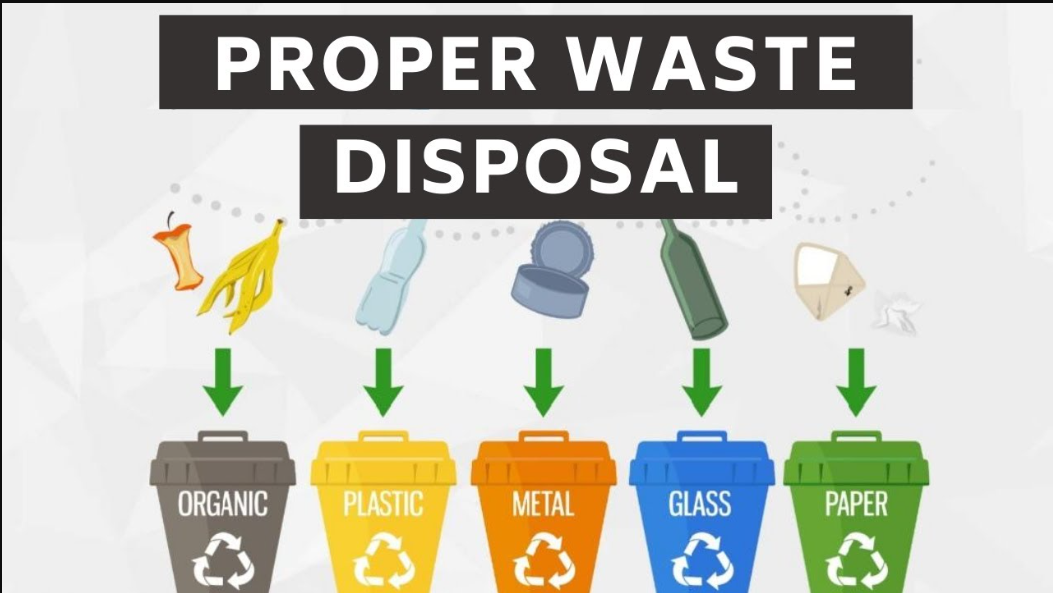Disposal of waste
Disposal of waste means eliminating, scraping, recycling, or destroying unwanted materials known as waste that is generated from the manufacturing, packing, and warehousing of industrial pharmaceutical products. Following the correct methods for waste disposal will ensure lesser pollution and hazards to the environment.
All the pharmaceutical waste shall be collected initially in the respective area and then forward to the scrap area and finally send the waste for disposal to the final disposal. Generally, Open dumping is not a common practice of waste disposal in Pharmaceutical industries in India.
If the trash heaps are left open to the environment and the elements. that have a sparse covering which can often attract pests or vermin.
If, these dumps are subjected to open burning, which can release toxic fumes and smoke. There have also been instances where enough heat has been generated to trigger a spontaneous combustion
If the wastes are illegally dumped into rivers and canals or used to fill land depressions without proper consultation that also causes a lot of problems. These can range from the degradation of the soil quality to leaching toxic chemicals into underground water sources. Therefore, to prevent such scenarios, proper waste disposal methods should be adopted.
As per schedule M, the following guideline is written for Disposal of waste that is –
- The disposal of sewage and effluents (solid, liquid, and gas) from the manufactory shall be in conformity with the requirements of the Environment Pollution Control Board.
- All bio-medical waste shall be destroyed as per the provisions of the Bio-Medical Waste (Management and Handling) Rules, 1996.
- Additional precautions shall be taken for the storage and disposal of rejected drugs. Records shall be maintained for all disposal of waste.
- Provisions shall be made for the proper and safe storage of waste materials awaiting disposal.
- Hazardous, toxic substances and flammable materials shall be stored in suitably designed and segregated enclosed areas in conformity with Central and State Legislations.
Methods of Waste Disposal
- Landfill
- Incineration
- Waste Compaction
- Biogas Generation
- Composting
- Vermicomposting


